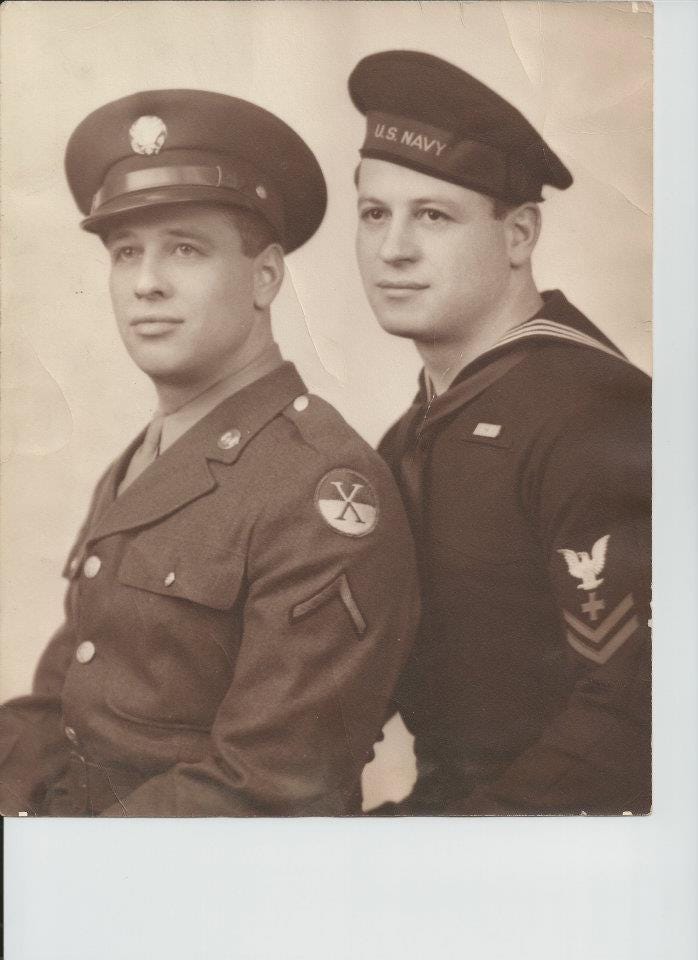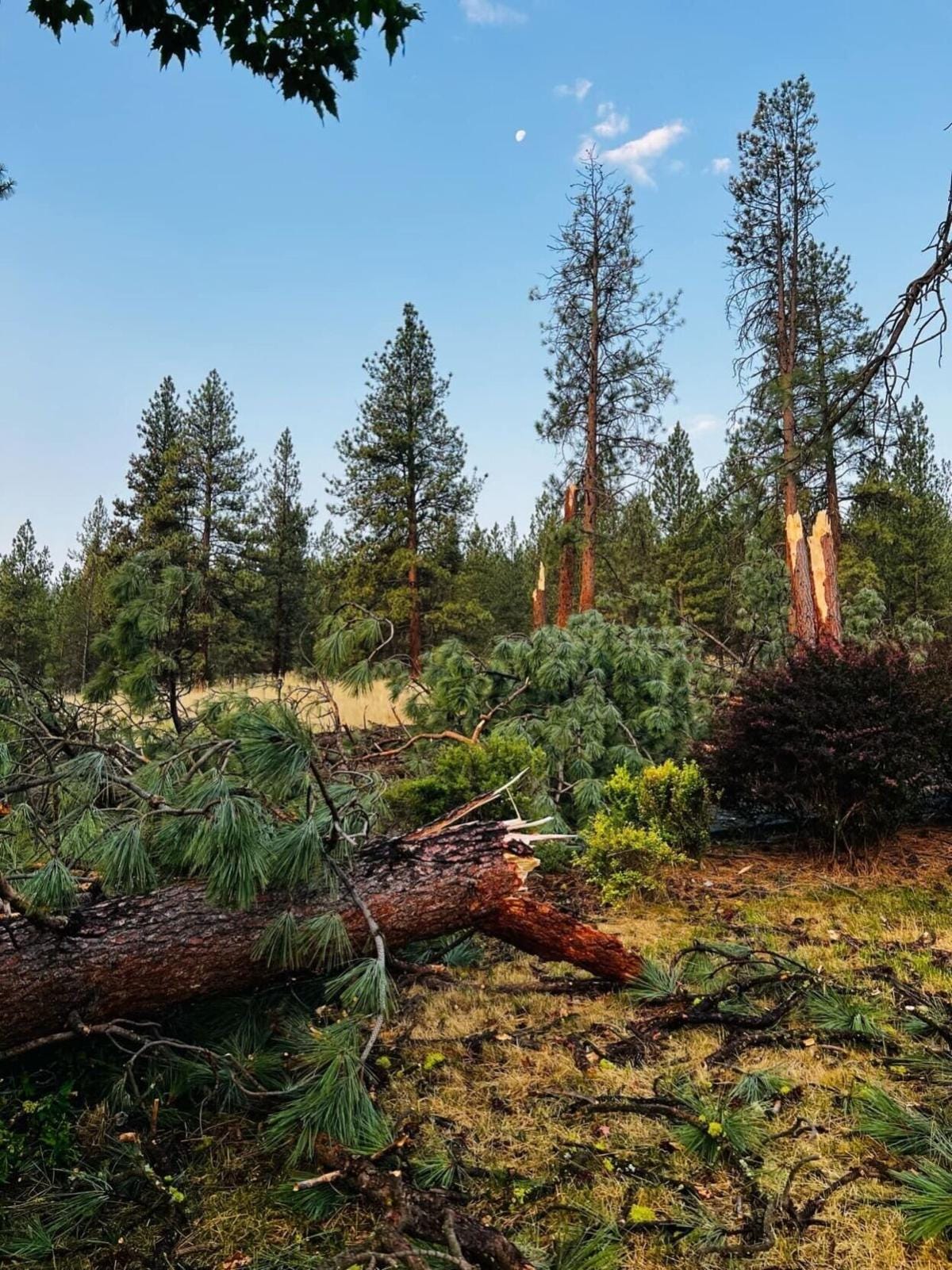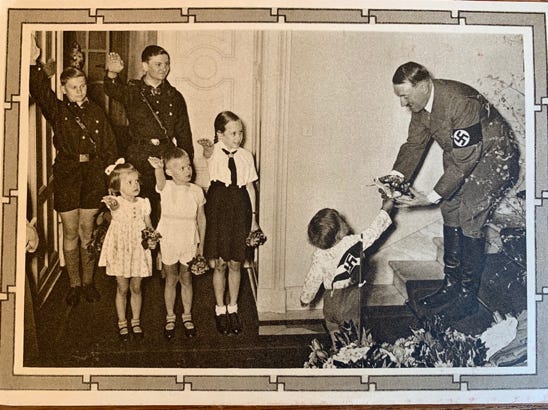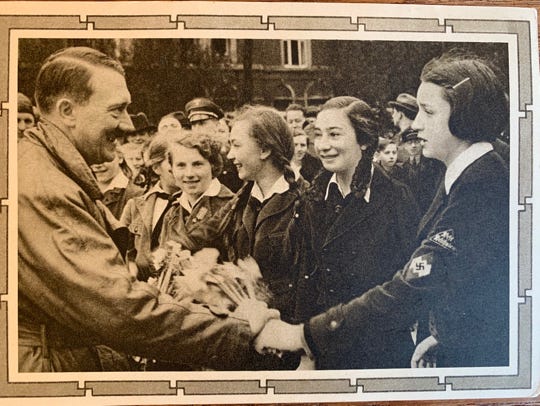This past month has seen dramatic changes on a personal, political and global scale. On a personal note, in July I went to Mexico to celebrate my friend, Tony’s 70th birthday, and arrived with Covid. After recovering from Covid, staying longer than expected in Mexico, I returned to Missoula, Montana in time for a sudden storm with hurricane force winds up to 109 mph that knocked out power for four days, and uprooted or damaged almost 1000 trees. The wildfires, intense heat and drought from climate change, contributed to creating this unprecedented storm.
And then I learned about the unexpected death of a friend. I have been reflecting on the unpredictable nature of our lives, the importance of the choices we make while we are here, and the legacy we leave behind.
Cody Johnson’s country song “’Til you can’t” is a wonderful reminder to do all that is possible while we can, because a time will come when we can’t. We often take for granted that the people we love will always be around, or the opportunity to do what truly matters will always exist, but they won’t. (You can find the lyrics and listen to the song here. )(La traducción al español de la letra se puede encontrar aquí.)
We won’t always be able to protect this precious planet on which we live, as we pass tipping points that will affect life for all future generations. The changes are going to keep happening and are unavoidable. The question is how we embody our own agency to do all that we can, while we can—face the challenges, stay open to joy, and act from love.
Being part of a community helps, as does returning to the embodied presence of each moment. A 9-month online program, “Choose Life: How does my love for life want to express itself?” begins on September 20th with a monthly 2-hr. class and 45-minute coaching session with me. Feel free to reach out if you have any questions. (En septiembre también comienza un viaje en línea de 9-meses en Conciencia Sensorial en español. Puedes encontrar más información aquí.)
And now is a good time to make plans to come to Mexico in February, either between February 8–15, 2025 (English), or February 22–28, 2025 (Bi-lingual in English and Spanish) to participate in a Sensory Awareness workshop. (People working in organizations to address climate change are welcome to participate tuition free.)
What will people say eighty years from now about the choices we are making now?
Almost eighty years ago, during WWII, my uncle was in an Army unit that helped to liberate a Concentration Camp. I knew nothing about this until he was ninety years old, when he could no longer contain the memories, trauma and grief he had stored inside. During the last five years of his life, each time I went to visit him, he reached into a cabinet under his desk and pulled out photographs of the Concentration Camp, roughly wiping away the tears spilling from his eyes, exclaiming with embarrassment, “I don’t know why I am crying!”

Fifteen years earlier, my uncle had come to celebrate my son, Jason’s Bar Mitzvah. He gave him a generous check, but he also gave him a surprising and unusual gift that we did not know what to do with. He handed Jason a brown paper grocery bag filled with a Nazi flag, Nazi coins, Nazi stamps, Nazi post cards, Nazi propaganda, a pocket watch and some other small items. All my uncle said about what was in the bag was, “Maybe these will be worth something someday.” We were stunned. I wish that I had asked him if there were any stories he was ready to share about what he found, or anything he would like us to know, but at the time I didn’t know how to do that, so the exchange happened in an intense, charged web of silence. The bag lived high up on a shelf in the back of my closet for 25 years until my son began to deal with what was inside of the bag.
Three postcards that were in that bag live under a Buddha on my altar. They are held in a sacred space of remembrance—a reminder of the consequences of the choices that we as human beings make, the incredible harm that comes from silence and inaction. My uncle found and held these cards in his hands, in the midst of a war filled with horrendous atrocities. As I hold these same cards in my hands now, I feel chilled. My belly tightens and my lips press together as I think of all of the lives destroyed then, and the current suffering around our planet as this legacy of ignorance, delusion, and hatred continue; the legacy that is polarizing our country and our world now as people pour energy and devotion into leaders who are creating harm and division. I keep these postcards to remember that there is no time to waste, so that I will use the love, energy and time I have to heal and cultivate more compassion and connection while I can.
The words across the top in German mean: “In the Fight for Freedom!”
The current election for President in the United States is the most significant in my lifetime. Kamala Harris is focusing on unity and addressing climate change. Donald Trump calls climate change a “hoax”, is promising to rescind environmental protections now in place and support the fossil fuel industry. He is creating a legacy of delusion, division and hatred that will create massive harm for all of our children, grandchildren and all future generations. No matter how we may differ with Kamala Harris about specific issues, climate change is not a “hoax” and we cannot afford to ignore it.
In a recent interview with Krista Tippett, Christiana Figueres, climate activist, author and diplomat, offers guidance to meet these times through intentionally “cultivating a mind of love and joy [which] is critical to our personal resilience, regeneration, agency, and capacity to engage. As we face this “deeply painful moment in the history of this planet and of human evolution,” we can turn that pain into “fuel…to root us…in our determination to do everything we can, not just for us but for generations to come.”
She points out that in the history of the 4.5 billion years of this planet “we are here as a blink, so what kind of blink do we want to be?”
We are all leaving a legacy behind based on the choices we make and the actions we take. I hope that it will be a legacy of keeping our hearts open, creating cultures of belonging and care, embodying freedom and vitality, and trusting in the loving-kindness that connects us all. I hope that eighty years from now people will be able to experience the steps we took to protect their future.
Learn about upcoming Sensory Awareness workshops
You can learn more about the classes and retreats I offer at my website, Return to Our Senses.
A 9-month online program focusing on How our love for life wants to express itself, integrating Sensory Awareness practice with resources, challenges and inspirations to find our song and respond to these critical times.
A 9-month online program in Spanish, ¿Cómo quiere expresarse mi amor por la vida?
In October I will offer a 4-week online workshop From Our Individual Bodies to Our Earth Body — What does this moment ask of us?
Two workshops in Mexico in February of 2025, How does my love for life want to express itself? and a bi-lingual English/Spanish workshop Cultivating a Kind, Adventurous and Joyful Approach to Life/Cultivar un Enfoque Amable, Alegre y Aventurero
I will be offering a number of workshops in Spain in the summer of 2025. Details will be posted in the Fall.
People staffing projects addressing the Climate Crisis, Military Veterans, and Wildland Firefighters are welcome to participate in programs I offer directly for free (though you have to cover your own expenses).
Sliding scale is always available for anyone in all of the programs I offer directly so please don’t hesitate to reach out.
Recommended Resources
Ecological Hope and Spiritual Evolution On Being Podcast with Krista Tippett and Christiana Figueres
This interview/dialogue is filled with wisdom, heart and encouragement to meet the meta-crisis we are facing with an evolved sense of spiritual awareness that will lead to new levels of action.
Why Collective Trauma is Keeping us Stuck on Climate Outrage and Optimism Podcast
with Thomas Hübl, Christiana Figueres, Tom Rivett Carnac and Paul Dickenson
Thomas Hübl, connects the deep work he leads on addressing individual, ancestral and collective trauma to meeting the climate crisis. This interview offers guidance and insight. I was encouraged and inspired by it.
All American
I just discovered this 6-season television show inspired by a true story about an African American High School football player from the Crenshaw neighborhood of L.A. who transferred to a school in Beverly Hills. The show is centered around football, family, and relationships. It skillfully focuses on the humanity that connects us across the divides of race, class and sexual orientation, while making visible the impact of bias.









